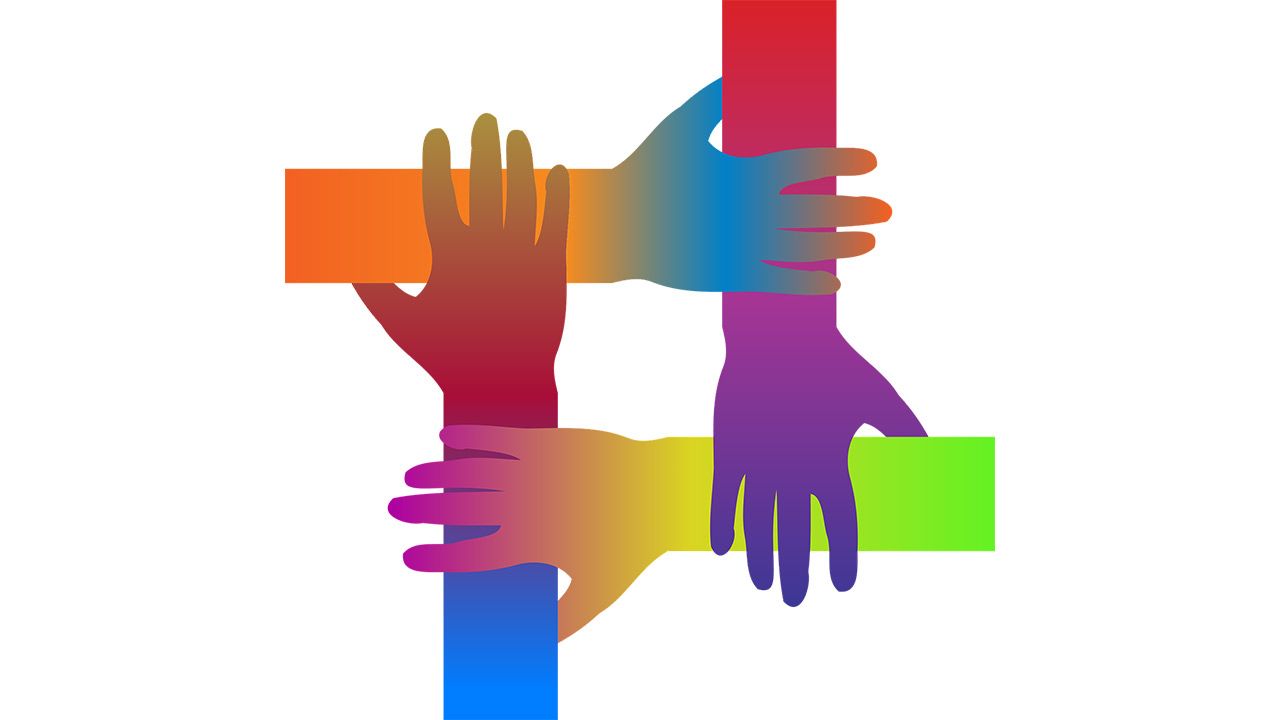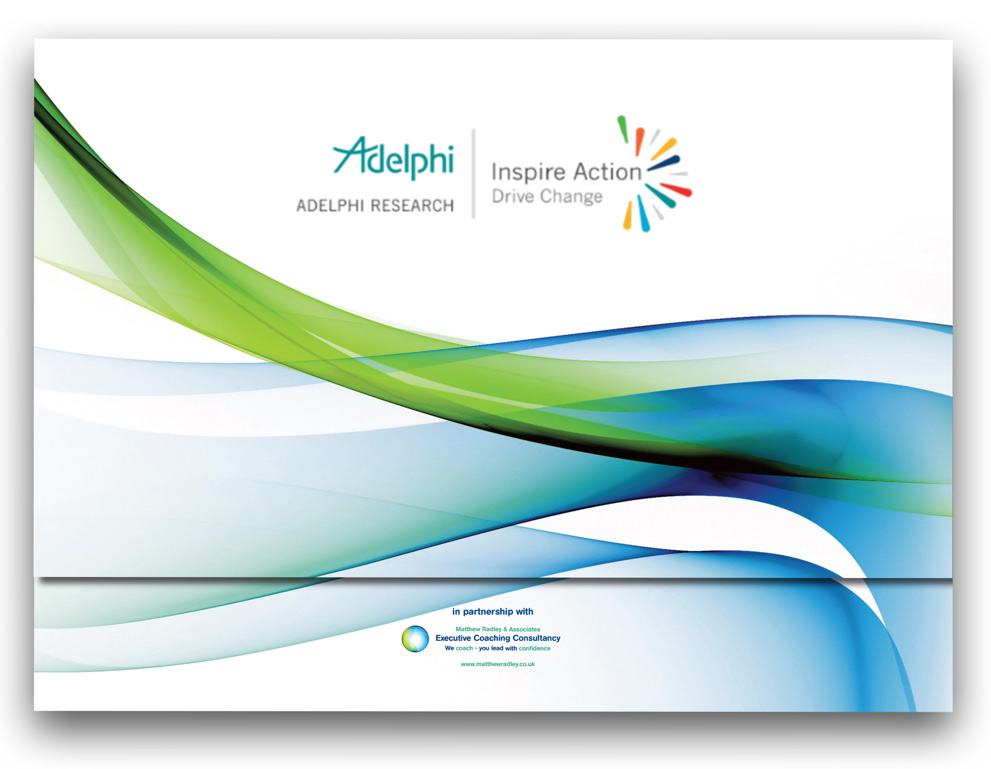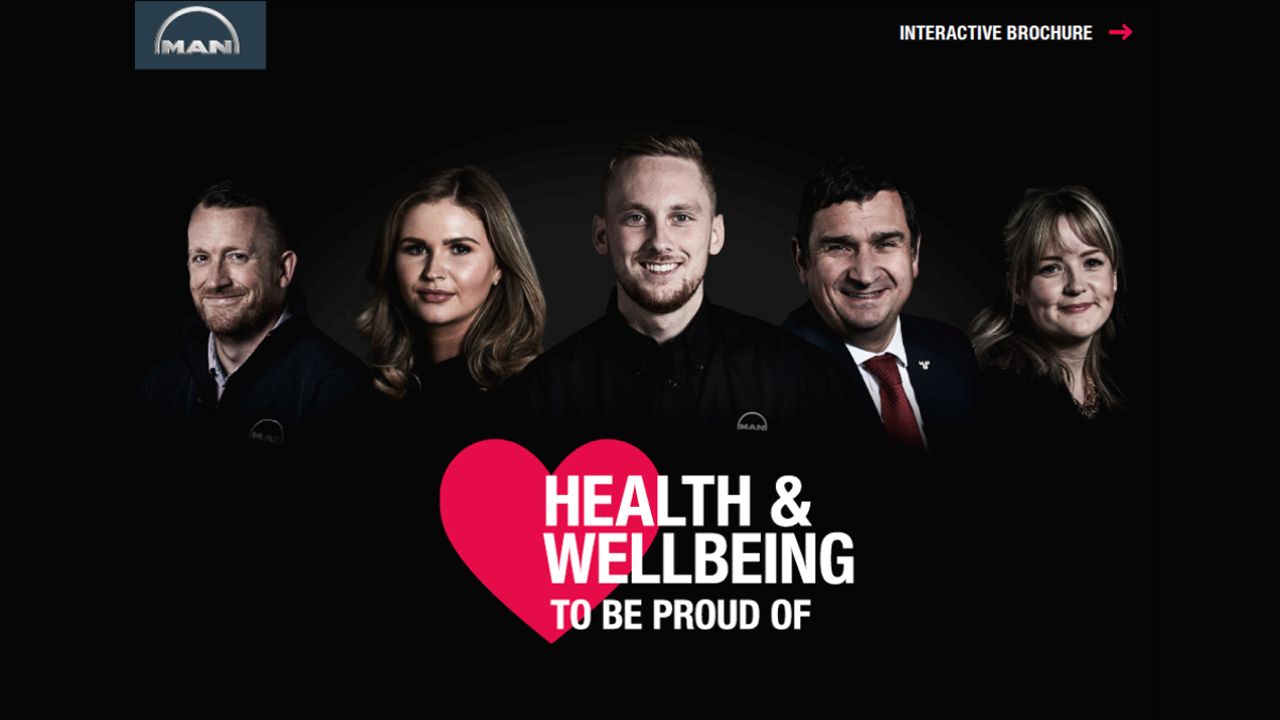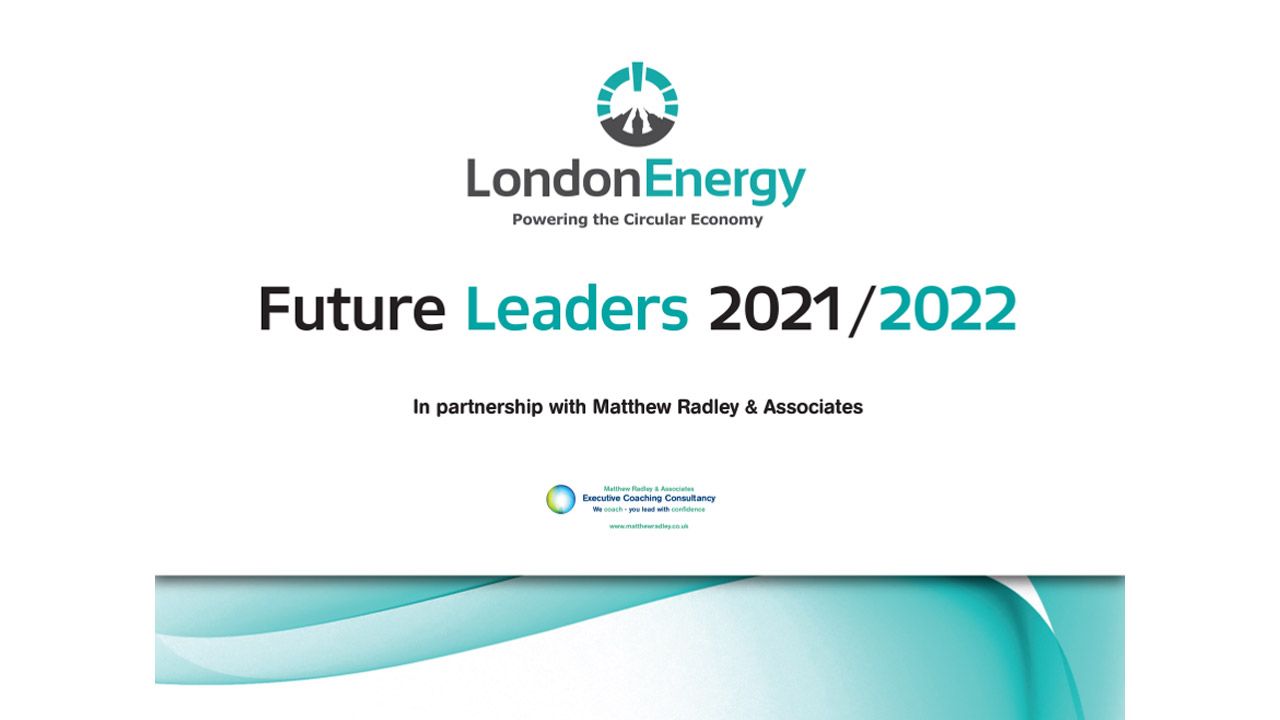Blog
Developing a culture of Psychological Safety and Inclusion with Adelphi Research

Thank you Google!
Thank you for sharing the results from ‘Project Aristotle’ with the world!
Thank you for helping us all to realise the power of psychological safety in the workplace!
High performing teams and cultures need psychological safety – no further debate is needed.
“Psychological safety is a condition in which you feel (1) included, (2) safe to learn, (3) safe to contribute, and (4) safe to challenge the status quo – all without fear of being embarrassed, marginalised, or punished in some way”
(Timothy R. Clark, The 4 Stage of Psychological Safety)
From a Professional Coaching perspective we see a significant amount of psychological frameworks coming together, all interconnected, and all in some way building to the same outcome.
- From the work of Kim Scott we are able to learn from the power of Radical Candor, and how we can create feedback cultures where we both proactively champion others as well as directly and clearly challenging them, always from a position of genuine personal care
- From the work of Timothy Clark we are see a linear pathway from Inclusion to Challenger Safety, and what it takes to be able to challenge the thinking in an organisation and to give challenging feedback openly and transparently, and in trusted environments
- From the work of Eric Berne we can develop our understanding of deep human relationship psychology. Pulling on Freud’s work, Berne’s model of Transactional Analysis and specifically Parent (taught), Adult (thought), Child (felt) ways of behaving enables us to see the connection of strengthening the Adult state in order to operate in high support/high challenge relationships
- From the work of Carol Dweck we take the importance of having a Growth Mindset in our belief that learning, challenge, change and development are critical for us to move from ‘survive to thrive’ as humans
So here we can see that how Challenger Safety in high trust environments is linked to having Radically Candid conversations (care personally followed by challenge directly), which in turn is linked to the Adult Adult way of being in relationships where high support/high challenge is the norm. And all of this is built on a foundation of growth mindset where feedback is a critical enabler of moving forwards.

But how do you embed all of this theory into practical and sustainable behaviour change in the work place?
At MRA we have partnered closely with the teams across Adelphi Research in the US and UK to increase understanding of these frameworks at every level, ensuring we create the environment for learning, vulnerability, and behaviour change practice at every touch-point. As Professor Fogg from Stamford University describes in his book Tiny Habits, and from his research of observing 40,000 people, small repeated patterns of behaviour change that follow these steps really do work:
- An intrinsic desire and motivation to change the behaviour (rather than feeling you should change)
- The knowledge, skills, ability and capacity to make the change
- The prompt to consciously remind you every day to behave in the new desired way
So bringing this approach to life for whole communities of colleagues at every level within an organisation is a fantastic way to be the initial prompt we so often need; the jolt to change something now! And working with individuals to raise their levels of self and collective awareness we are able to find the intrinsic motivation for everyone to want to change, supported by the knowledge and skills to be able to do it too.
And what has been the biggest enabler of change in the Adelphi Research teams? The leaders. It’s as simple as ownership, leadership, vulnerability, commitment, energy and belief from the very top.
And once the conversation has started, the call to action is openly communicated, and the movement forward is recognised positively by everyone, then the behaviour change cannot fail.
You can try by having one leader driving the change you want to see………or you can bring everyone on the change journey with you. And we know from experience with Adelphi Research and others that the latter is the most impactful and sustainable approach.
The Leaders at Adelphi are role-models in this space. We value and respect them for everything they are doing to embed this learning at every level. We are so proud of our partnership together.
Thank you for trusting us to lead this thinking with you all.








